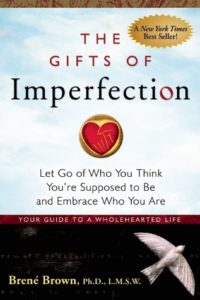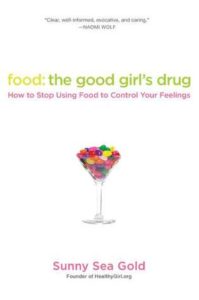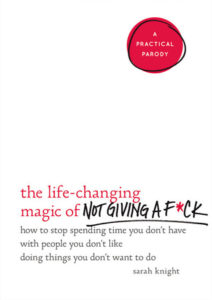When was the last time you read any poetry? Let me guess, years ago, and it was for some sort of assignment, am I right?
Poetry is as rich and diverse a genre as any other, so if you’re not reading it, you’re missing out. And, just like with other genres, while not every author (or poet, in this case) is for everyone, for everyone there is a poet.
But poetry, as a whole, can be…intimidating. Or at the very least, elusive. How do you even go about reading it? Where do you start? (If there aren’t any chapters, where do you stop?) When your experience with poetry is reading the odd, singular poem every once in a while so you could write an essay about it, the transition to reading a whole book of them for fun can be hard to navigate.
Luckily for you, I’ve broke it down into five simple steps:
- Step 1. Read what you like.
This is always my number one rule for reading anything: Read what appeals to you, what interests you. If you’re into the classics—Yeats, Whitman, Wordsworth, Frost, Dickinson, Keats—then read the classics. But don’t pick up Shakespeare’s sonnets because you think you should. (Or because it’s the only name you know.)
Instagram is a great place to find more modern poetry and current authors (check out #poetry, #poet, #poetryofinstagram, and #poetrycommunity), or just go to your local library or favorite bookstore’s poetry section and start pulling books off the shelf. You’ll be able to tell at a glance (one of the benefits of short form) if it suits you.
- Step 2. Skip the massive volumes.
If the poet you want to read has more than one published collection, you’ve got a decision to make: which one? It might seem like the easiest, most sensible answer is to go with their entire collected works—or, if they’re still living and writing, their collected works from a certain decade or their most popular volumes all-in-one—but don’t do it.
It’s exciting at first maybe, but eventually, it’ll become overwhelming. Endless. Time consuming and tedious in a way that sucks all the enjoyment out of it. Besides, if nothing else, it’s just way too much book to carry around.
Choose a single collection. Want to know what their early work was like? Pick up their first book; read from the beginning. Google your poet. Which book is their most popular, most revered? Many books of poetry are broken into parts; check out the section headings, get an idea of the collection’s themes. Is there one volume that fits your mood better than the others? Start anywhere, but start small.
- Step 3. Remember: It’s not school.
You open the book, read a poem—and then what?
You keep reading. It’s that simple.
You don’t need to pick it apart, map out its rhyme scheme, or analyze its use of literary devices on a word, sound, and sentence level. Just read it. If it really strikes a chord with you, read it again; otherwise, onto the next.
- Step 4. Relax. It’s not a novel; so what?
Don’t worry about reading too many poems in one sitting. You don’t need to commit them to memory, to remember each individual poem when you’re done. And it’s easy to feel like you should. I mean, if you can recall the plot after you read a book, shouldn’t you be able to recall the poems?
Well, no. Because poems are not plot, and poetry is not a novel. It’s a completely different form. What you take away from it will be different, too. The things it made you think about; the new insights into yourself, people you know, people you don’t know; the way it made you feel—those things will stick with you even when the specific words don’t.
So just read it. Let it wash over you. Enjoy it. And then—
- Step 5. Go read some more.



